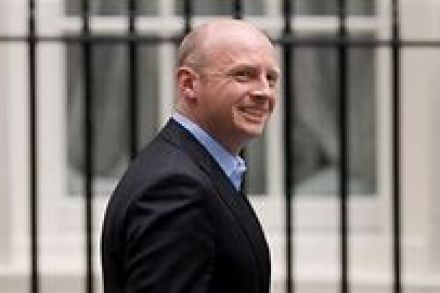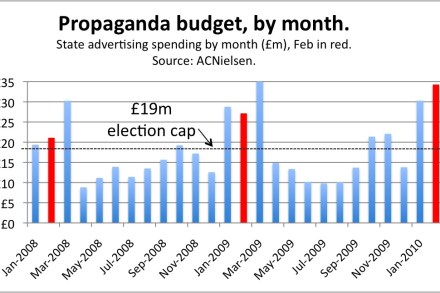The Tory donor who’ll take a sword to the ‘morons’
Buried deep in the Sunday Times is the Tories’ answer to the problem that is Lord Ashcroft. James Tyler is a fund manager who has donated £250,000 to the Tory party since 2007. He is that rare creature: a multi-millionaire who is both resident and domiciled in merry old England. Tyler’s chief attraction for the Tories is his virulent opposition to what he terms ‘the morons’ – City Boys taking excessive risk and Gordon Brown’s culpability in the financial collapse. It was his subject in a speech to the Adam Smith Institute last year and he remains consumed by it. The Sunday Times reports: ‘His chief bête noire is the



















